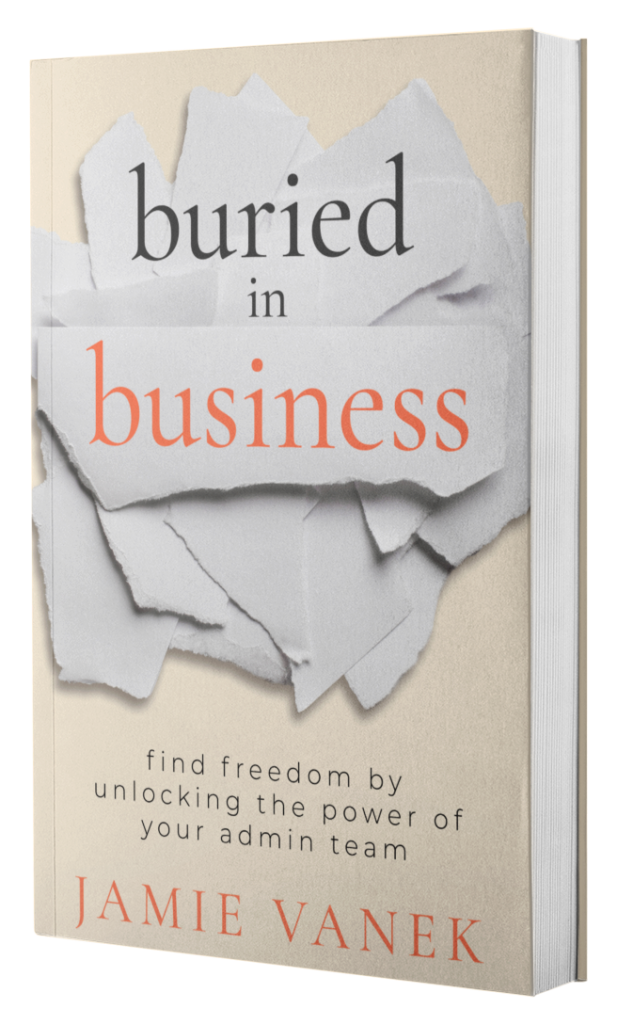Expectations
A few years ago, I had an employee who was eager for a promotion. She was smart, hardworking, and ambitious, but every time we talked about her next steps, she focused on why she deserved it rather than how she was growing into it. She wanted the title, the salary bump, and the recognition—but when I asked what skills she was actively developing to prepare for the role, she didn’t have an answer.
This is a common trap. We assume career growth is about proving we’re already ready for the next step. But real growth isn’t about waiting for someone to acknowledge our potential—it’s about actively stepping into it.
Kim Scott’s Radical Candor introduced a powerful 2×2 framework for leadership: care personally and challenge directly. I believe we can apply the same model to our own career development by embracing Radical Development: Caring Personally and Challenging Personally.
Care Personally: Why Do You Want to Grow?
Ambition isn’t enough. Wanting a promotion just for a higher paycheck or a fancier title won’t fuel the effort it takes to actually grow. You have to care about your development—about becoming the kind of person who thrives at the next level.
Ask yourself:
- Why do I want this growth?
- What impact will it have on my career, my confidence, my ability to lead?
- Am I excited about the challenge, or just the reward?
When you care personally, your motivation shifts from external validation (more money, more prestige) to internal drive (becoming a better, more capable version of yourself). That’s the kind of motivation that sustains real growth.
Challenge Personally: Where Do You Need to Grow?
Caring is the starting point, but without challenging yourself, you’ll stay in the same place. If you truly want to level up, you must push yourself into discomfort.
This means:
- Identifying the gaps between where you are and where you want to be.
- Being brutally honest about the skills, knowledge, and experiences you don’t have yet.
- Seeking out feedback, even when it’s uncomfortable.
- Committing to real, measurable learning and development.
If you think you’re already ready for that next role, you’re probably not challenging yourself enough. Growth requires stretching beyond what feels easy or natural.
Applying This Model in the Workplace
Supervisors and employees can use this framework in career development conversations. Instead of vague “I’d like to move up” discussions, the conversation can be structured around:
- Do you care personally about this growth? Why does it matter to you beyond just the title or salary?
- Are you challenging yourself personally? What are you doing—right now—to develop the skills and mindset needed for the next step?
This shifts career development from passive hopefulness to active ownership. If you want real progress, start by caring deeply and challenging yourself relentlessly.
How are you pushing yourself to grow right now? Drop me an email—I’d love to hear your thoughts. contact@jamievanek.com








